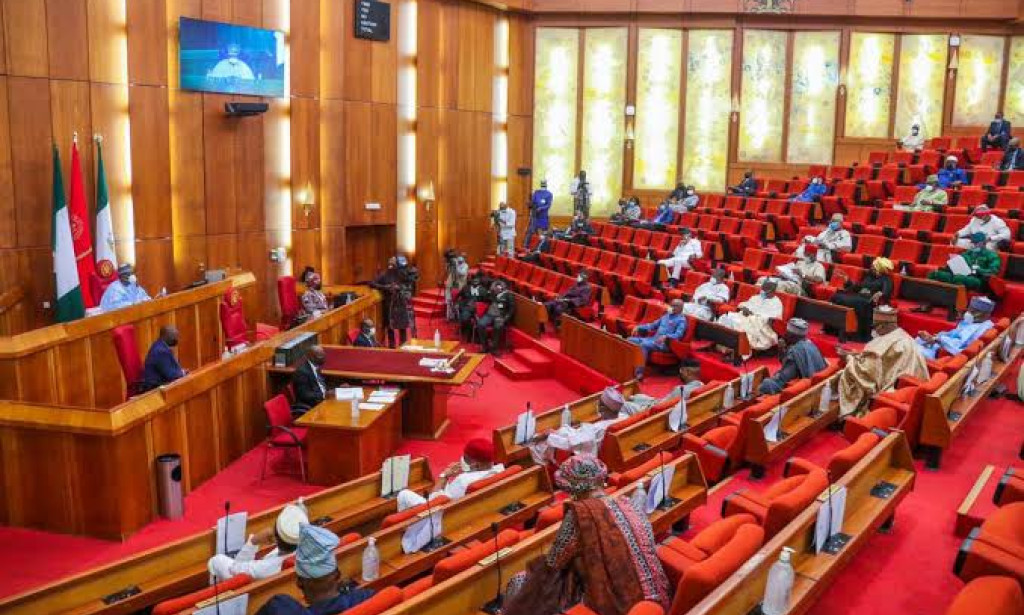Alongside the suspension, Akpoti-Uduaghan faces the withdrawal of her salary, security details, and a mandate to issue a formal apology to the Senate.
Chairman of the committee, Senator Neda Imasuen, stated that the senator was found guilty of disregarding procedural rules, including improperly filing a petition without adhering to Senate guidelines. The petition, initially rejected for procedural errors, was later accepted after corrections but failed to mitigate her non-compliance with the committee’s summons.
Commentators, including journalists and political analysts, questioned the fairness of the six-month suspension. Critics argue that lengthy suspensions disenfranchise constituents and contradict past court rulings discouraging indefinite lawmaker suspensions.
Analysts highlighted Akpoti-Uduaghan’s refusal to appear before the ethics committee and her handling of a petition related to Senate President Godswill Akpabio. The petition reportedly concerned seat reassignment—a routine Senate procedure—but was mishandled due to her alleged failure to follow protocol.
Supporters of the decision emphasized the Senate’s obligation to uphold institutional integrity. A commentator noted, “The Senate cannot bend its rules for individuals. If judges altered the Constitution for personal cases, they’d lose credibility.”
The suspension has sparked debates about the Senate’s reputation, with critics warning that internal conflicts risk public trust. However, defenders argue the decision reinforces respect for legislative processes.
Some analysts urged Akpoti-Uduaghan to seek judicial review, noting her failure to file a lawsuit despite public claims of injustice. “The courts, not the Senate, should resolve constitutional disputes,” one remarked.
The senator denounced her suspension as “unjust,” claiming it targeted her criticism of leadership. However, the Senate maintains the punishment stems solely from procedural breaches, not personal grievances.
The case drew parallels to past suspensions, such as Senator Abdul Ningi’s three-month suspension in March 2024. However, analysts stress each case hinges on distinct violations, with Akpoti-Uduaghan’s centered on procedural non-compliance rather than corruption allegations.
The suspension underscores tensions between individual lawmakers and institutional norms. As debates over legislative conduct and constituent representation persist, the Senate faces mounting pressure to balance discipline with democratic accountability. Meanwhile, Akpoti-Uduaghan’s next steps—whether legal action or reconciliation—remain pivotal to resolving the controversy.


You must be logged in to post a comment.